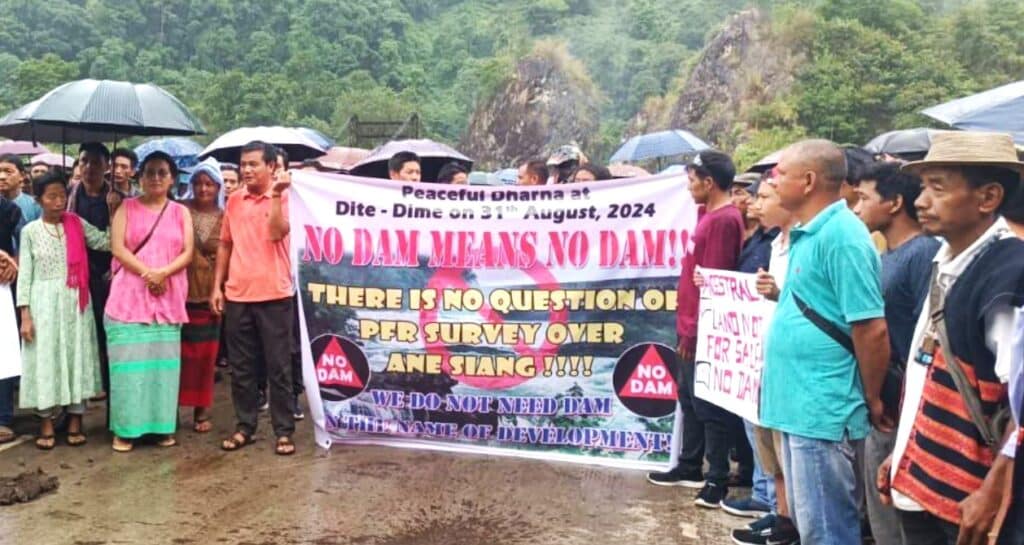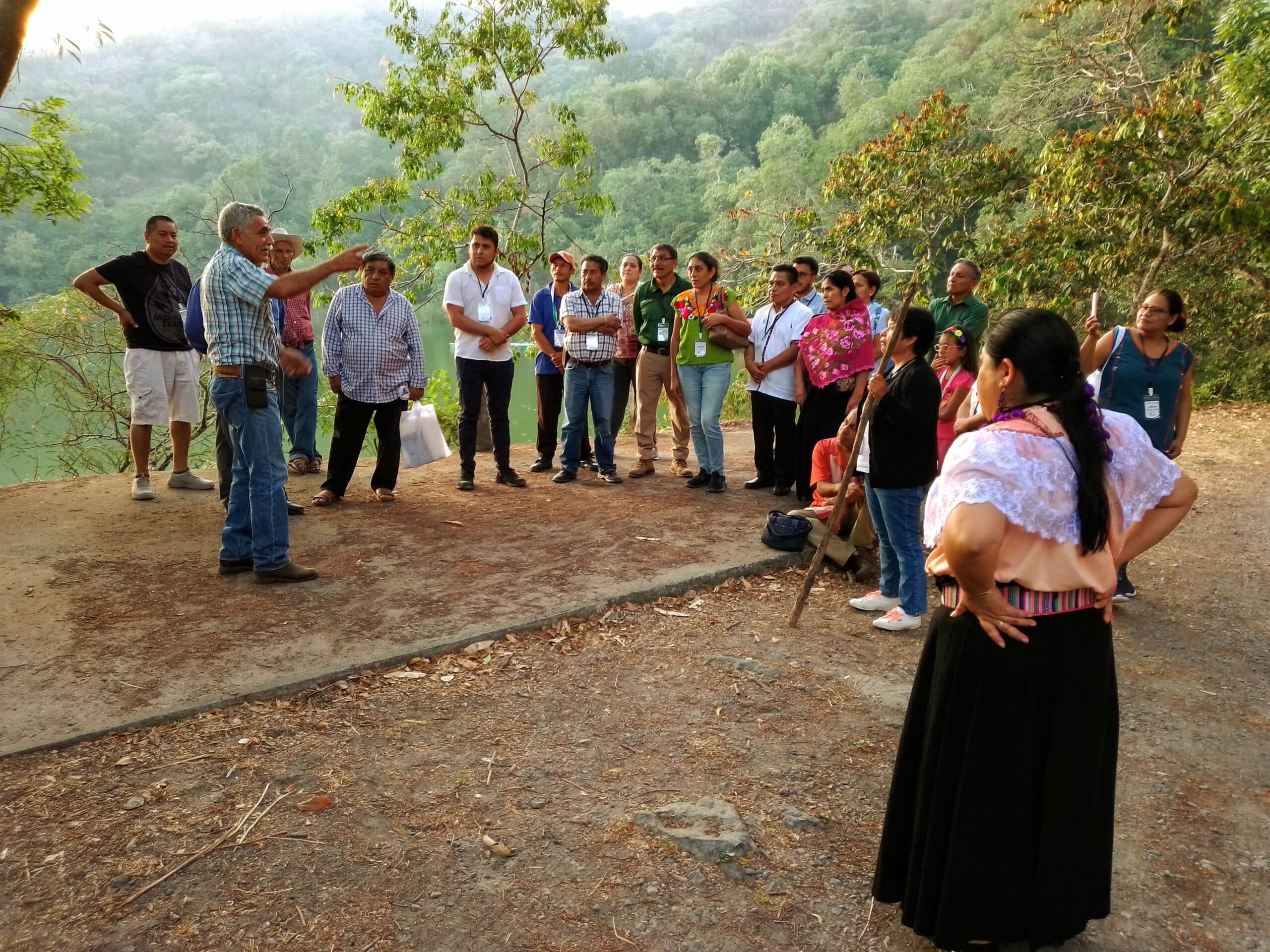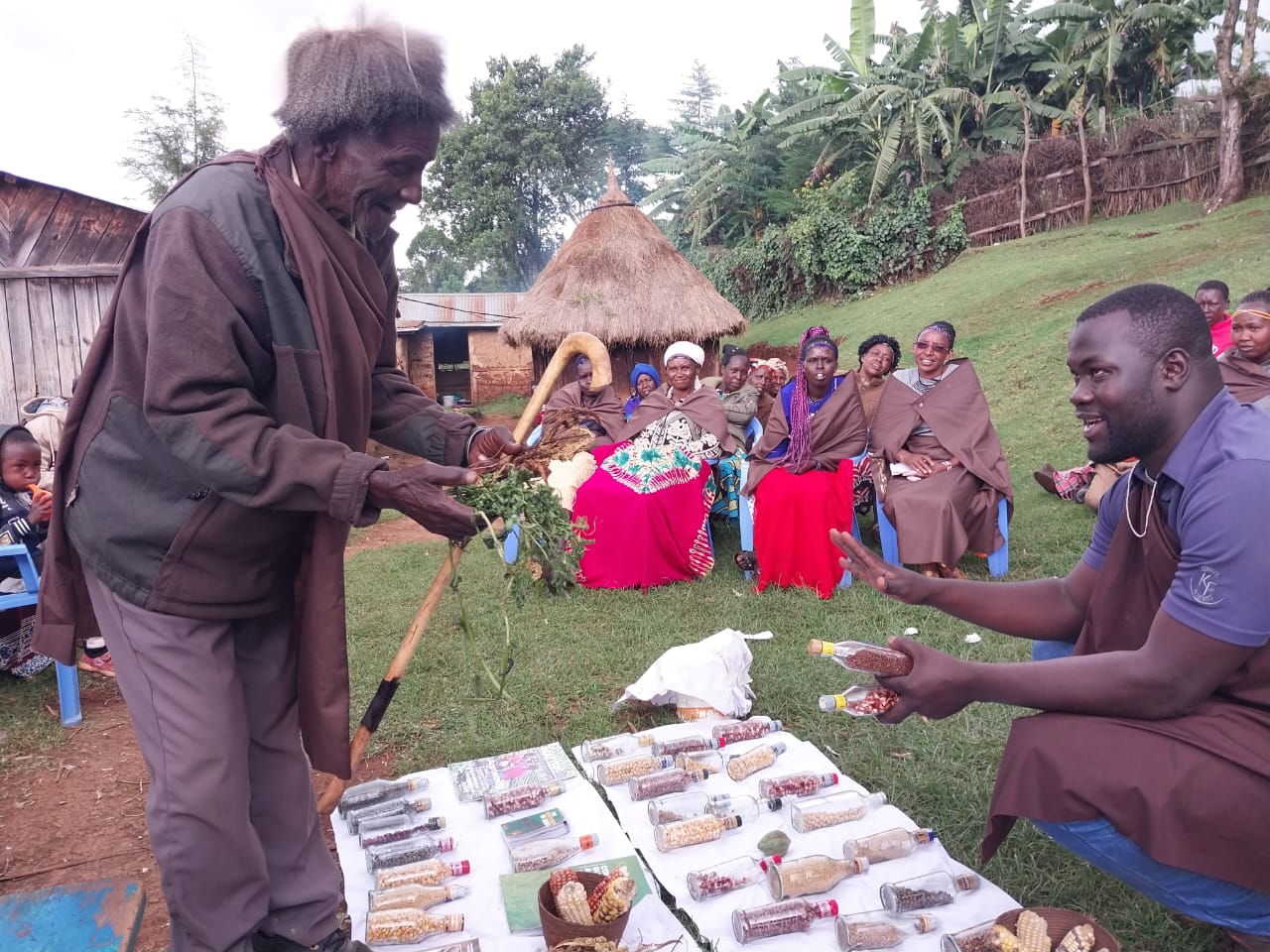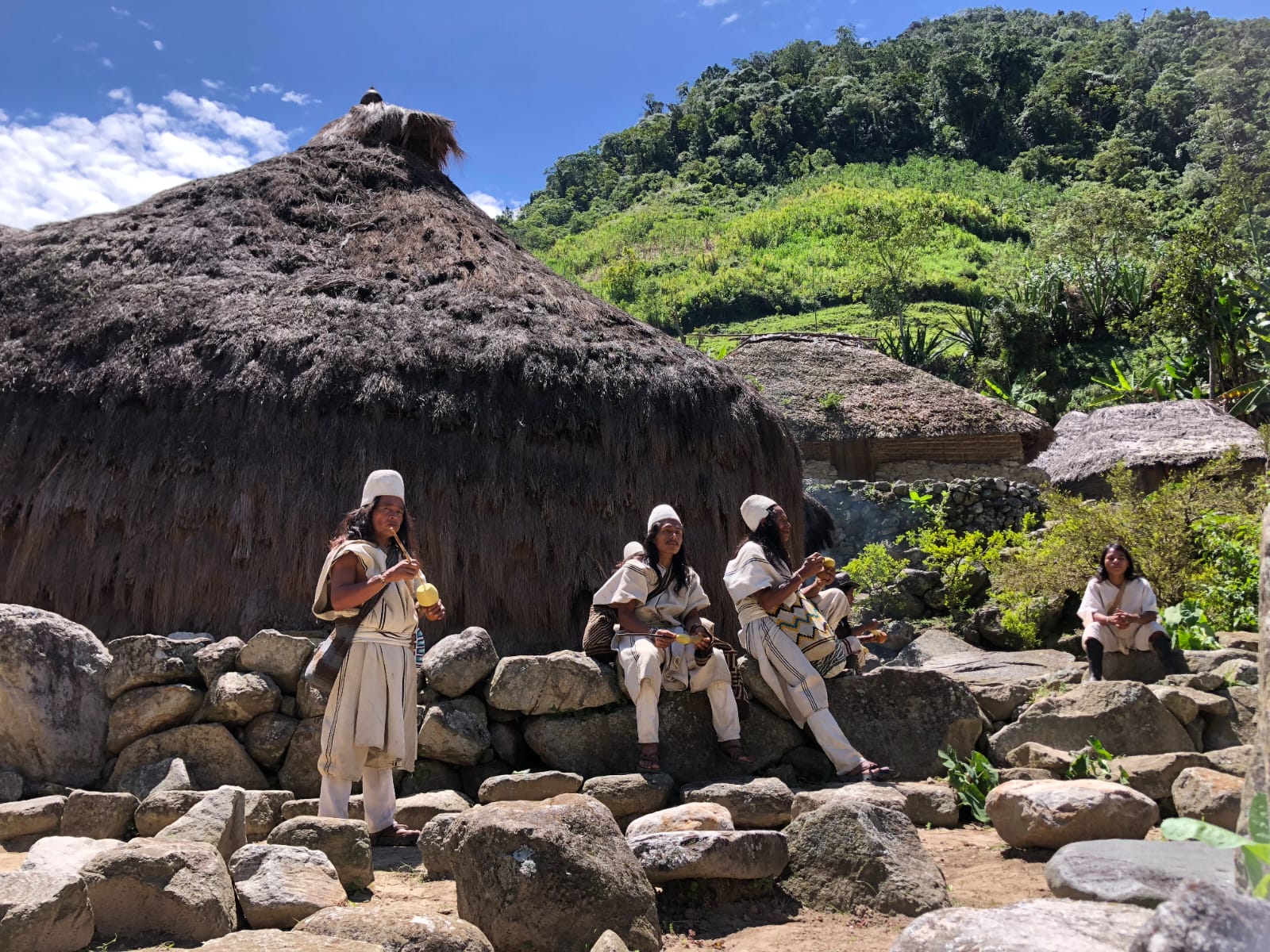
Land is Life calls on the Government of India to reconsider the pursuit of the 11,000 MW Siang Hydroelectric Project and other large-scale dams in Arunachal Pradesh and across North East India. It is deeply concerning that the Government of India is pushing forward with the construction of the Siang Dam on the Siang River without securing the free, prior, and informed consent of the Adi and other affected Indigenous Peoples in Arunachal Pradesh. The Adi tribe has called for the recognition of their rights, urging consideration of the potential impacts of the dam on their land, livelihoods, culture, and identity, particularly regarding involuntary displacement, land grabbing, the influx of non-Indigenous populations, and militarization. They have further called for a halt to the dam’s construction on their ancestral lands and territories.
The Government of Arunachal Pradesh’s notification on December 6, 2024, to deploy Central Armed Police Forces in Siang District to facilitate the Pre-Feasibility Study of the Siang Dam has alarmed the Adi people. They view this notification as a direct attack on democratic decision-making processes in development and as an undemocratic resort to force. The Adi people are also deeply concerned about the potential for repressive actions and other human rights violations due to the militarization of their territory.
The proposed 11,000 MW Siang Dam would have severe social, environmental, and cultural consequences for the Adi Indigenous Peoples and their land. In addition to the local impacts, the dam would cause significant downstream effects, such as widespread flooding in Assam. The disaster risk posed by the dam is further heightened by the region’s high seismic activity and the effects of climate change, including glacier melting and deforestation in the Himalayan region.
Land is Life urges the Government of India to halt the 11,000 MW Siang Hydroelectric Project and to cease the militarization of Indigenous territories for dam construction. The demands of the Adi Indigenous Peoples must be fully respected, in line with the UN Declaration on the Rights of Indigenous Peoples, 2007.



